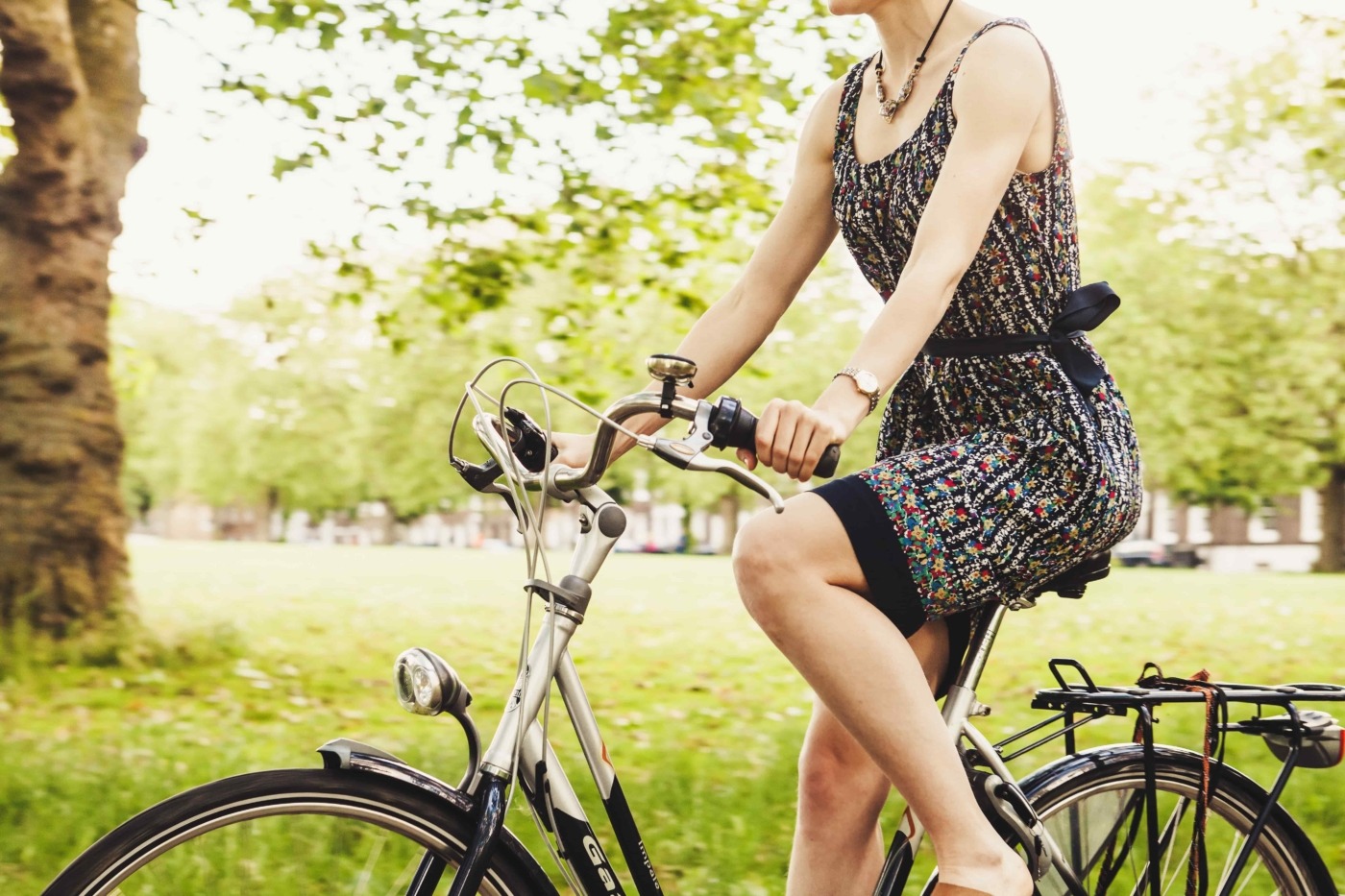The sustainable guide to campus
Nowadays, it seems like everyone is becoming more conscious of their individual environmental impact. While campus life can be hectic, what with balancing academic commitments, a social life, and time to relax, students should and can be doing their part to slow the pace of climate change. It may seem particularly difficult to be environmentally sustainable on campus, but these quick tips will help you implement the little changes that can make a big difference.
Firstly, your caffeine fix doesn’t need to cost the planet. According to the government, 2.5 billion coffee cups are thrown away every year in the United Kingdom; even more worryingly, only 0.25% of these cups are recycled. The plastic lining of the cups and the fact that they are normally contaminated with coffee makes them almost impossible to recycle. Each time you remember to bring your reusable coffee cup to one of the coffee outlets around campus, you can save up to 50p per drink and prevent another non-recyclable cup from going to landfill.
How often do you take a receipt only to throw it away shortly afterwards?
It is equally beneficial to both your wallet and the planet to remember your reusable water bottle. There are many places around campus to top up your water bottle for free, including the library and the Oculus Building. In fact, unless labelled otherwise, all taps at Warwick provide drinking water, so staying hydrated on campus doesn’t require any additional plastic.
Another thing to consider is the amount of paper being used during your studies. Where possible, try to stick to electronic versions of your documents. Unfortunately, though, printing is quite often unavoidable, so reducing paper waste remains difficult for most students. However, making sure to print double-sided is one way to reduce the number of individual sheets you get through. Also, be mindful around tills and the library book return – how often do you take a receipt only to throw it away shortly afterwards? Rejecting receipts is a particularly effective way of cutting down on paper wastage as the lamination means most can’t be recycled.
Changing the mode of transport that you use to get to and from campus is another key step in reducing the environmental impact of your time at university. If you live fairly close to campus, walking or cycling in for the day is a great way to reduce your carbon footprint. Through the UniCycles scheme, you can pay either a small amount by the day or just £25 per academic year for access to a rental bike on campus. The university also provides free bike locks so your own bike can be safely stored whilst you’re in lectures. You can also help reduce waste while tackling your transport’s carbon footprint by getting a second-hand bike – Action21 in Leamington is a student favourite for affordable pre-loved bikes.
Carpooling – whether you use the UniDrive app, or otherwise – makes using your car to get to campus as sustainable as possible
If you live a little further away from campus, the bus is the greenest option. Using public transport can help to reduce harmful greenhouse gas emissions as well as improve air quality. However, while bus passes are cheaper than running a car, they are still expensive, and the service can be somewhat unreliable during busy times. Still, for just a couple of pounds a day, you can get to and from campus with less impact on the planet.
Running a car every day is not the most suitable option in terms of financial and environmental costs, especially if you have empty seats, but it is undeniably the most convenient option, which creates a dilemma. UniDrive, the first student car sharing app, aims to remedy this by allowing the easy arrangement of car sharing for students at the University of Warwick. Carpooling – whether you use the UniDrive app, or otherwise – makes using your car to get to campus as sustainable as possible.
Spending time on campus never needs to have a considerable impact on the environment. By remembering the little things, like bringing your reusable drinking vessels and switching from car to bus or bus to bike, you can drastically reduce the environmental impact of your studies and become an eco-friendly student. There are other steps you can take – such as turning off unnecessary lighting when you spot it, doing your best to recycle, or even joining the Allotment Society. Life at Warwick can be as green as it is busy!

Comments